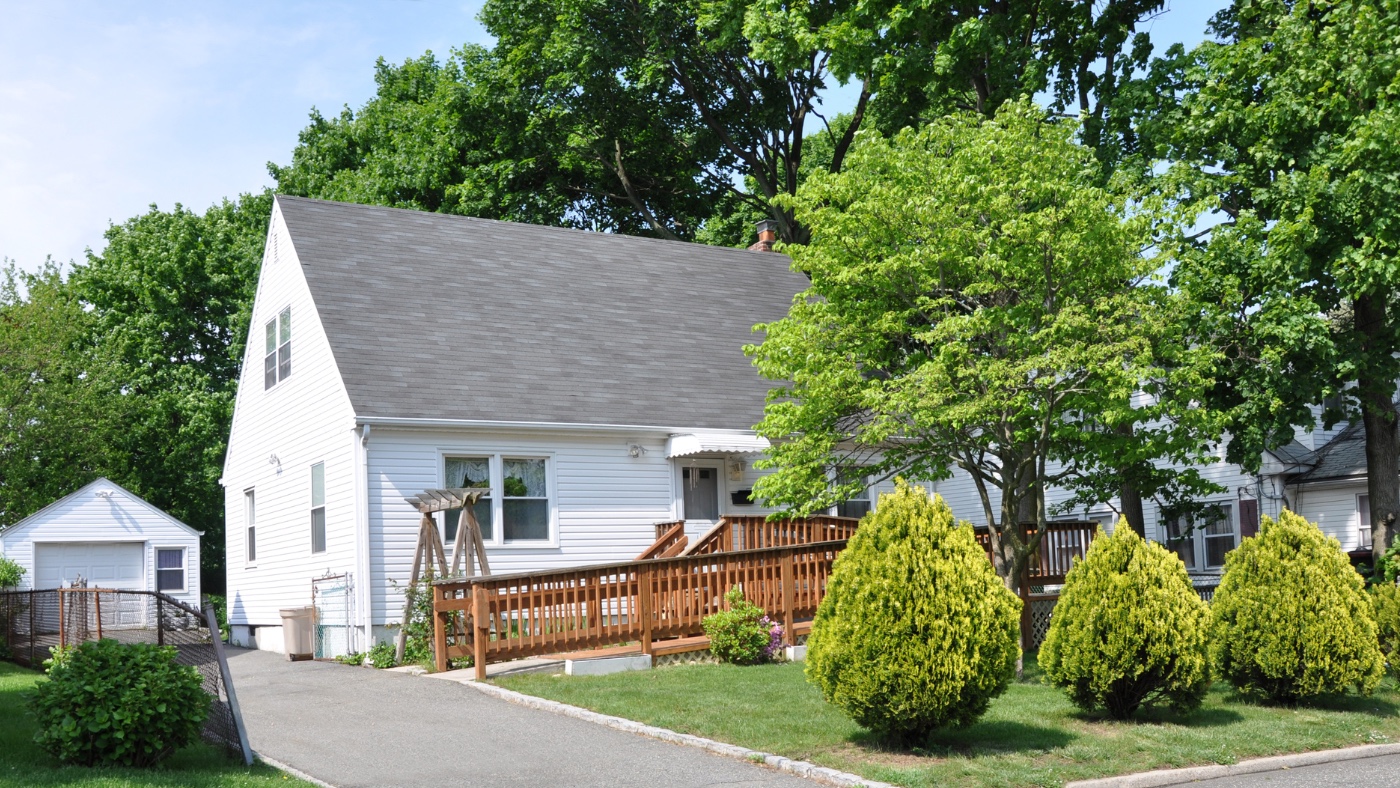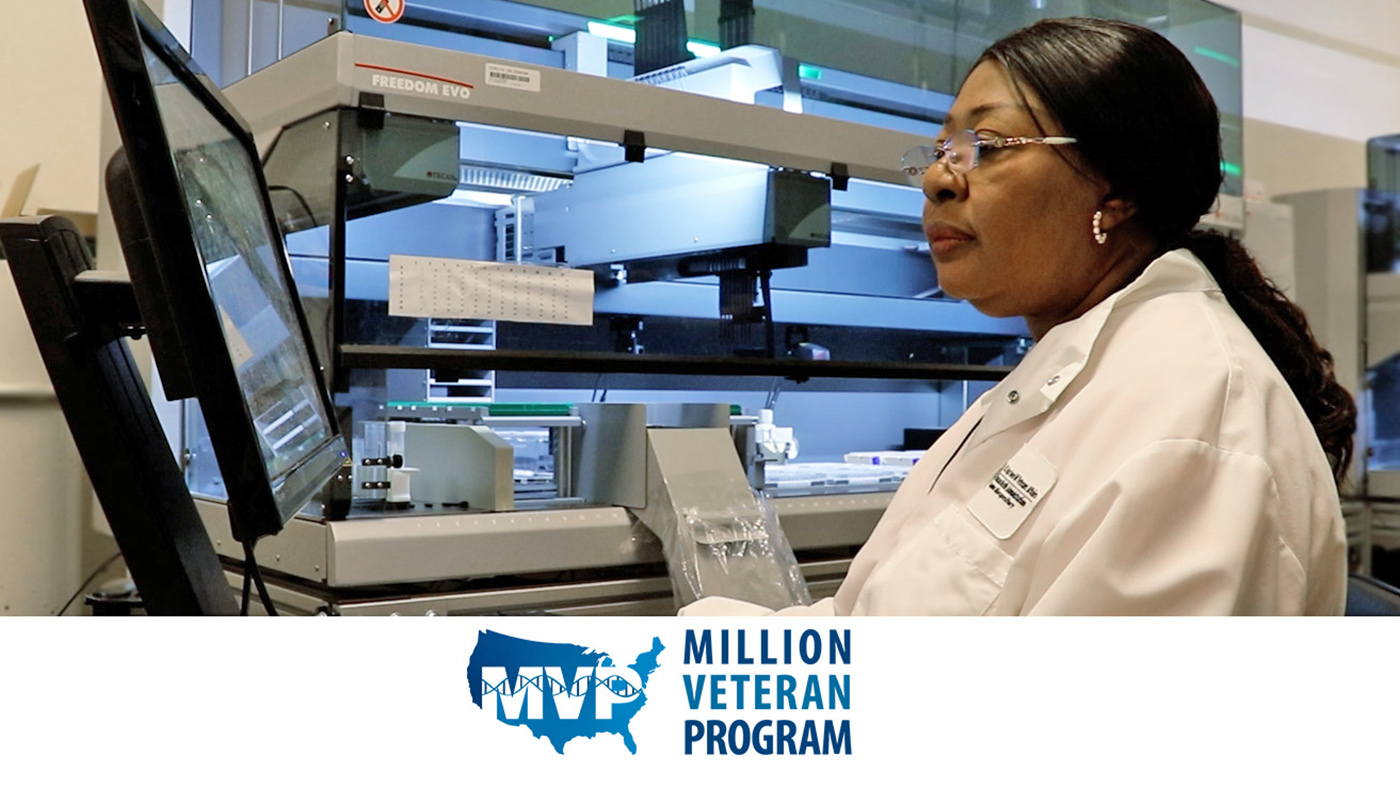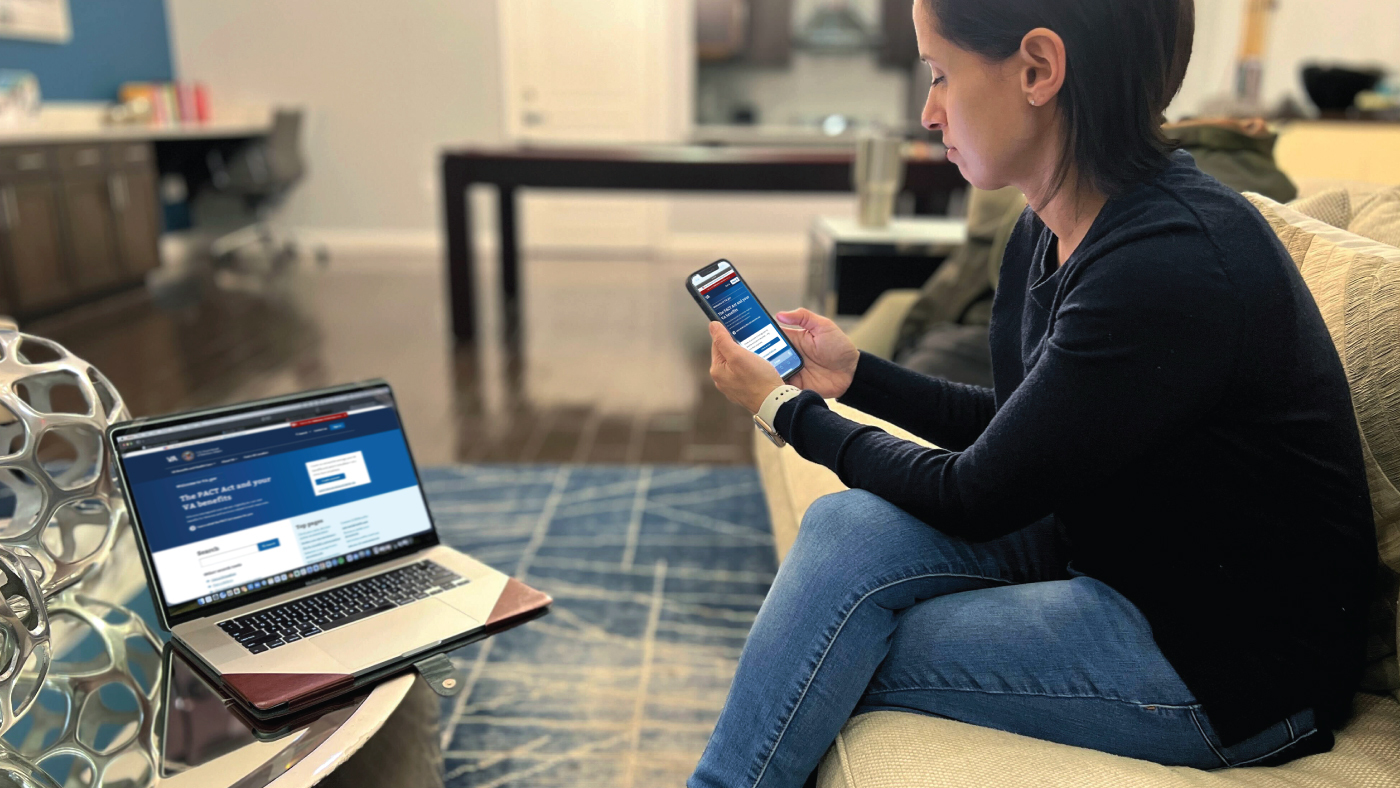On June 19, VA commemorated the 75th anniversary of the Specially Adapted Housing program, providing home adaptation grants to nearly 50,000 service members and Veterans with qualifying, serious service-connected disabilities through multiple eras of military service.
SAH grants provide important financial support for home modifications that address the unique needs of these Veterans and service members.
Created in 1948, adaptation assistance was first a one-time grant limited to $10,000, which covered up to 50 percent of the housing unit, land and remodeling costs to the Veteran.
Since that time, the grant amount has grown over tenfold with annual increases calculated using the Turner building cost index. And instead of being a one-time use program, eligible Veterans can use the grant up to six times up to the grant amount.
Eligibility has continued to expand to include Veterans with other conditions caused or worsened by their military service. SAH eligibility also now includes degenerative conditions where Veterans are diagnosed at higher rates than non-Veterans, such as Parkinson’s and ALS. And if you’re a Veteran temporarily residing in a home owned by a family member, you have a one-time option to adapt that home through the Temporary Residence Adaptation grant program.
Key Facts
- Created on June 19, 1948, the SAH program administers funding to eligible service members and Veterans with certain severe, service-connected disabilities, such as loss of use of a limb, loss of limb or blindness.
- There are three types of grants administered: SAH, Special Housing Adaptation (SHA) and TRA.
- The current amount authorized for eligible SAH, SHA and TRA grant recipients is available on VA’s housing grants website.
- If your SAH-adapted home is ever damaged in a natural disaster, there may be supplemental grant funds to help you repair it.
Know a Veteran who may qualify?
Share this blog post! Help us connect with Veterans who may meet the eligibility requirements to receive funding that helps service members and Veterans live independently by adapting their homes to suit their specific needs.
Once an applicant is verified as eligible for an SAH grant, an SAH agent will work with the Veteran to navigate the grant project processes. The Veteran can still choose their own contractor and are the final say on the types of modifications that best suit their specific needs.
Contact us
More information on the SAH program can be found online at VA’s website.
*After publishing, this News post was edited on July 19, 2023, reflecting a byline change and modifications to the sections “Key facts” and “Know a Veteran who may qualify?”
Topics in this story
More Stories
After a Veteran passes away, family members should report the death of the Veteran to VA as soon as possible to stop current benefits payments. If the death is not reported promptly, survivors or executors of the Veteran’s estate may have to repay any overpayments received.
The findings of this new MVP study underscore the importance and positive impact of diverse representation in genetic research, paving the way for significant advances in health care tailored to Veteran population-specific needs.
VA reduces complexity for Veterans, beneficiaries, and caregivers signing in to VA.gov, VA’s official mobile app, and other VA online services while continuing to secure Veteran data.







Texas DMV No longer accepting VA letter stating veteran disability percentage unless it says permanent. I am 80 percent disabled. I now have to get a signature from a medical professional to get my disability plates renewed. My civilian Doctor doesn’t want to provide a letter. My appointment with the VA doctor is 24 August. My registration runs out 1 August. Not a problem in past years.
I am trying to get help for my veteran brother in law. The floors in his home are falling in and weak spots throughout his home.